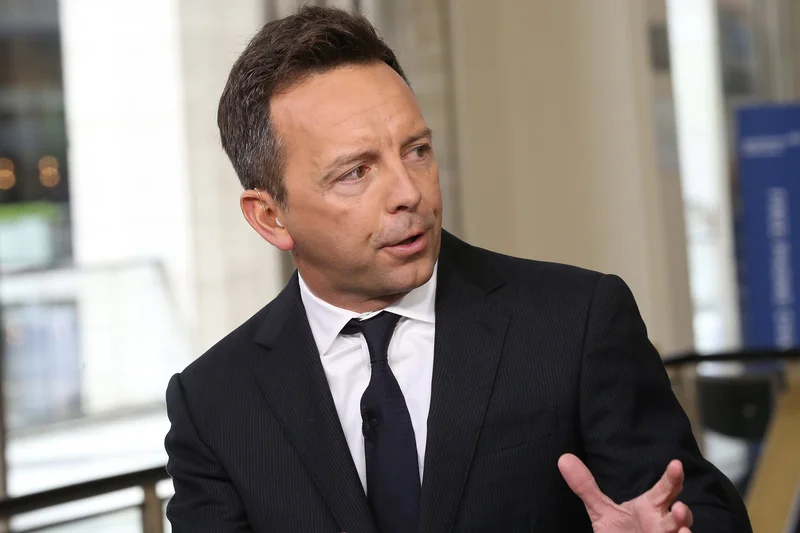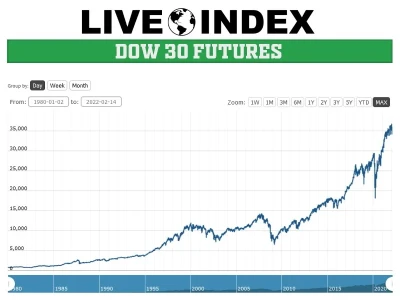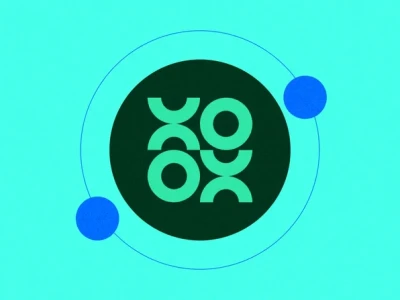So, Nvidia and Intel are friends now.
Let that sink in. The green team and the blue team, two companies that have spent decades trying to slit each other’s throats in the marketplace, are suddenly linking arms and skipping off into an AI-powered sunset. Jensen Huang is cutting a $5 billion check to his old rival. I’m supposed to believe this is about "synergy" and a "$50 billion Total Addressable Market."
Give me a break. This isn't a partnership; it's a panicked move on a chessboard where all the pieces are on fire. It’s two guys who hate each other stuck in the last lifeboat, agreeing not to drown one another just long enough to paddle to shore. And we're all just supposed to clap along like seals.
The Numbers Are Getting Laughable
You had to see this guy on CNBC, Brad Gerstner from Altimeter Capital, talking with the kind of wide-eyed fervor you usually only see in cult documentaries. He’s sitting there, probably in a studio so cold you could hang meat in it, telling the world that we are "massively supply constrained" on compute. He throws out a stat that Google’s compute needs grew 100x in one year (Brad Gerstner Explains Why NVIDIA (NVDA) Will Keep Growing). One hundred times.
Let's be real for a second. That’s not a business metric; it’s a comic book number. It’s the kind of growth that happens right before a supernova. And based on this, Gerstner is projecting Nvidia could hit $300 billion in data center revenue. Not a typo. Three. Hundred. Billion.
This is insane. No, 'insane' doesn't even cover it—this is a collective, market-wide delusion. We’re watching Wall Street analysts basically invent a new form of math to justify a stock price that has detached from gravity. They’re talking about P/E ratios of 25 on numbers that feel like they were pulled from a hat. Sure, Nvidia's growth has been historic, but its most recent quarter showed a slowdown to 56%. That’s still a monster number, but it ain't the 100% rocket ship they’re selling you. So where, exactly, does this new infinite growth come from? Are we going to be running LLMs on our toasters now?

It's like watching someone confidently predict that because their new puppy is growing fast, it will be the size of a city bus in three years. At some point, the growth curve has to bend, right? Doesn't it? The whole thing feels… fragile.
A Shotgun Wedding Fueled by Fear
So why the deal? Why would Nvidia, the undisputed king of the AI chip world, throw a $5 billion lifeline to Intel, a company that has been fumbling the ball for the better part of a decade?
It’s simple: fear.
Nvidia sees the writing on the wall. They’re printing money with their Hopper and Blackwell GPUs, but the competition is coming. Broadcom is nipping at their heels, and every other tech giant is desperately trying to build their own in-house silicon to escape Jensen's iron grip. Nvidia is hitched to Arm-based designs, and they need another horse in the race. Intel, for all its faults, has fabs. Real, honest-to-god factories that can make stuff. For Nvidia, this is about diversifying its supply chain and boxing out AMD before they get any bright ideas. It's a purely defensive, almost paranoid, move.
And for Intel? This is a desperate prayer. They get a massive cash injection and, more importantly, a stamp of legitimacy from the most important company in tech. It’s a public declaration that they’re not dead yet. But this deal doesn’t magically fix Intel’s deep, systemic problems. It just papers over the cracks with Nvidia’s money.
It’s all just so… predictable. All this talk of innovation and AI revolution, and it still boils down to the same old corporate games. It's funny, they're promising a future where AI solves the world's greatest problems, but my phone still autocorrects "duck" every single time. Offcourse it does. This whole deal feels less like a bold step into the future and more like two giants propping each other up, hoping nobody notices they’re both standing on shaky ground.
So We're All Just Pretending, Then?
Look, I get it. The hype train has left the station. But at some point, we have to ask if the destination is even real. This Nvidia-Intel deal isn't a sign of strength; it's a calculated act of mutual desperation dressed up in PR-speak. It’s about maintaining a narrative, keeping the stock tickers green, and ensuring the music doesn’t stop. They're not building the future; they're just buying themselves a little more time in the present. And we're buying it, hook, line, and sinker.

